FAQ: Is Upgrading to The Shopify Advanced Plan Worth It?
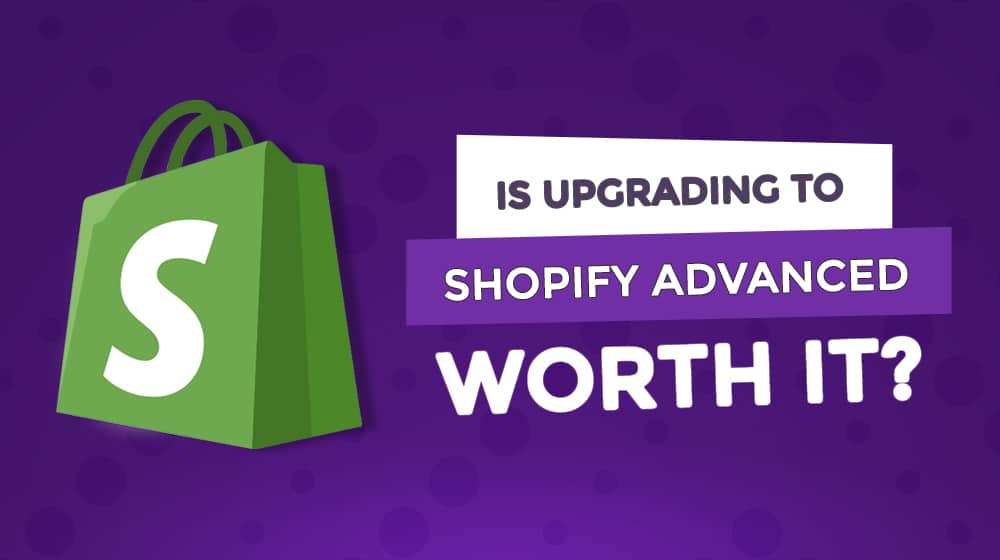
Shopify is one of the most popular eCommerce platforms for running an online store, but that doesn't mean it's a universal experience for everyone. They have three different tiers of service, each with progressively more features, functionality, and a higher price than the last. The question is, which one should you get?
While I will focus mainly on the Advanced plan – their top-tier offering – today, I'll go over some of what the other plans offer to see what you're getting for the price.
Let's get into the meat and potatoes.
 30 Second Summary
30 Second Summary
You'll find three main Shopify plans to choose from: Basic ($29/month), Shopify ($79/month) and Advanced ($299/month). The Basic plan gives you everything you need to run an online store, including unlimited products, sales channels and fraud analysis. If you upgrade to Advanced, you'll get lower credit card fees (2.4% vs 2.9%), more staff accounts (15 vs 2), custom reports and advanced automation tools like Shopify Flow. You should pick Advanced if you need detailed analytics, process high sales volume or want to automate store tasks.
What Is The Pricing For Each Shopify Plan?
Speaking of price, let's start from a pure price standpoint.
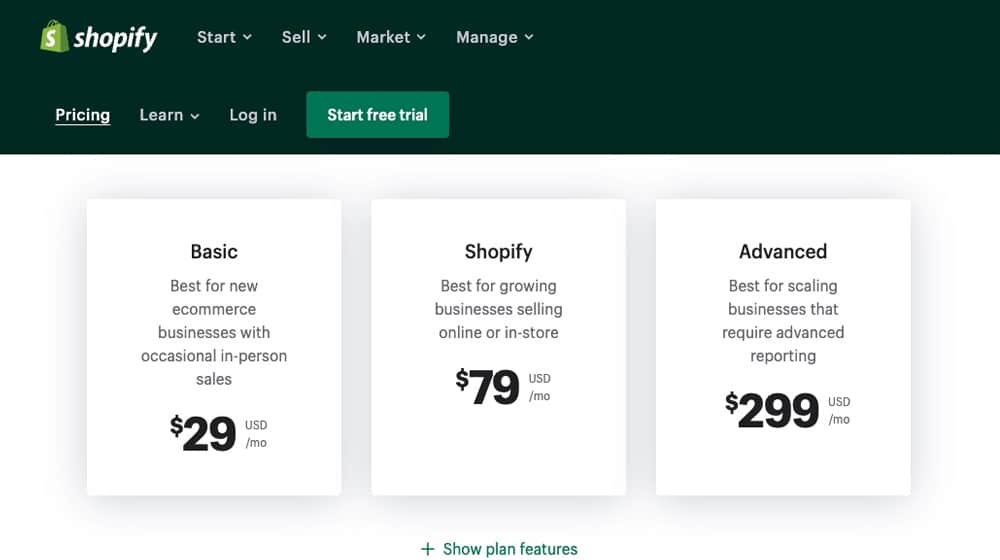
The three Shopify plans and their prices are:
- Basic: $29 per month.
- Shopify: $79 per month.
- Advanced: $299 per month.
As you can see, that's quite a jump from their mid-tier plan.
Without even looking at any of the other features, you may be able to decide right here and now. Can you afford $300 per month for your storefront, based on your current level of monthly revenue, your everyday use of features available to you, and your projected growth over the coming year?
The $300 per month cost adds up to $3,600 per year – which is a tall ask from many small and some mid-sized businesses. Some businesses can't comfortably upgrade and make use of the added features. The real question is, are the upgrades you get with it worthwhile? Let's look at what you get.
What Do You Get With Each Plan?
First, it's worth looking at the features of Basic, so you know what you get even at the most basic, cheapest level of service.
1. An Online Store
If the cheapest Shopify plan didn't include an online store, I can't imagine that they'd be a successful business hosting online stores - this is obvious.
It's worth mentioning that all Shopify stores allow unlimited product listings. There's no limit on the number of products that you can offer or caps on unique SKUs.
2. Sales Channels
Shopify is more than just an eCommerce solution. They allow you to sell through an online store and let you sell through other channels.
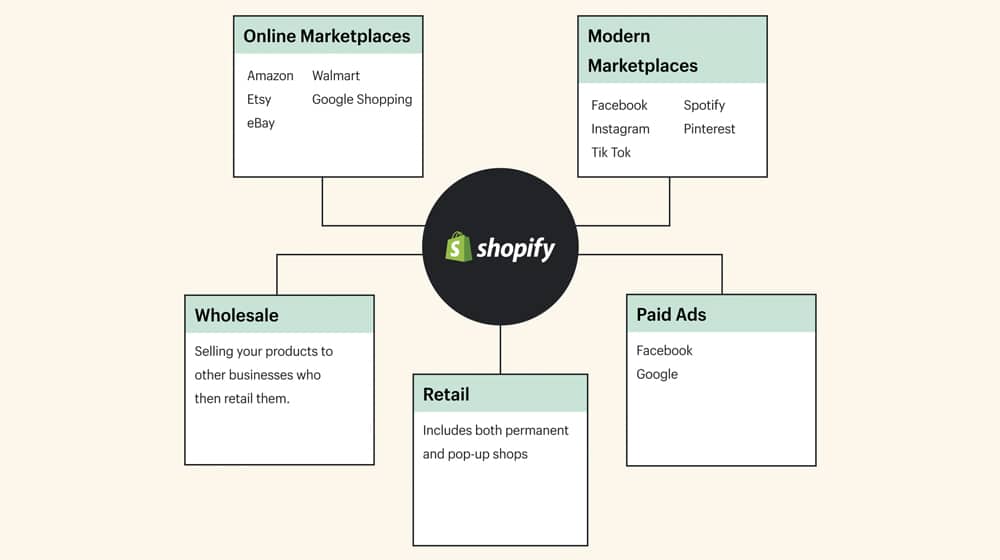
Channels such as:
- The Shop app. This app is a shopping assistant available on mobile.
- Facebook, through a shopping tab.
- A Buy button that you can embed in blog posts and other media.
- Instagram, specifically with product tagging.
- Handshake, a wholesale marketplace.
- In-person Point of Sale, to sell from a physical storefront.
Some sales channels are unavailable, but it's on a per-country basis, not a per-plan basis.
3. Staff Accounts
All Shopify plans get staff accounts, with the Basic plan starting at two.
4. Support
Shopify offers 24/7 support to all paying plan members, regardless of the pricing tier. Now, another story is whether they provide better service or priority service to the Advanced plan.
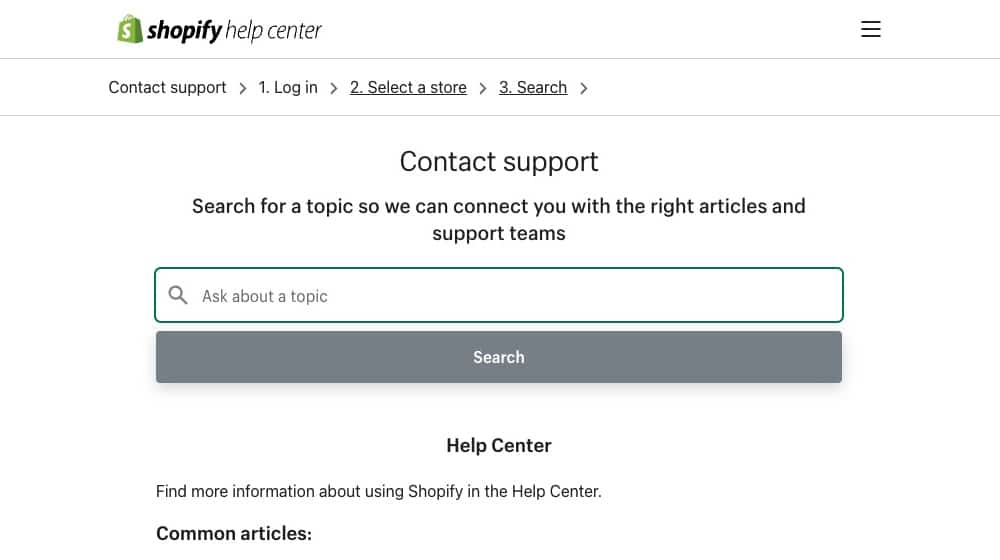
They don't advertise that they do, and I've never had to engage with their customer support, so I don't have firsthand experience. If you do, feel free to leave a comment about it!
5. Store and Commerce Features
There are many different store features that Shopify builds into their product.
- Access to the Shopify app store. There are thousands of free and paid apps that you can install in a matter of minutes to improve your store and extend functionality. Apps are add-ons similar to "plugins" in the WordPress plugin repository in that they are third-party apps offered by companies and individuals all over the world.
- Manual order creation, in case you don't have an automatic system set up, or need something custom, or something breaks, and you need to redo it manually.
- Discount code support lets you run sales or give discounts to specific people as rewards for newsletters, in-person meet-ups, or whatever else you want to use them.
- Gift Card support, if you want to use store credit, sell gift cards, or otherwise deal with money that isn't just plain money.
- A free SSL certificate, since security is 100% essential to running a store online today. If they didn't offer it for free, some percentage of their users wouldn't use it, and that's a risk they don't want to take.
- Abandoned cart recovery options because when a user adds something to their cart and leaves before they finish the checkout process, you will benefit from getting them back to hit that button.
- Customer segmentation means breaking up your audience into groups and handling them differently via marketing and sales channels on your existing website.
This selection of features is pretty helpful for most stores, so it makes sense that they're just generally available.
6. Marketing Automation
Automated marketing is all those emails generated when you sign up, make a purchase, abandon a cart, or otherwise interact with a store in a way that they can latch onto and send you messages. All Shopify plans offer automation for marketing messages.
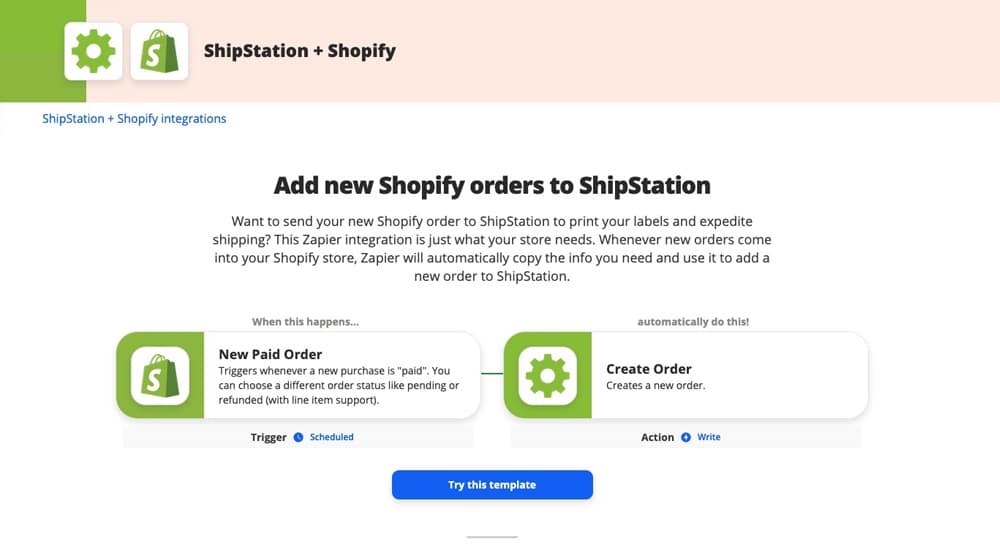
Additionally, Shopify has no limit to the number of contacts you can manage. They aren't going to artificially limit your store audience simply because you aren't paying them enough, the way many email managers do.
7. Shipping
Shipping is a big part of running an online store, at least when you have a physical product to sell. Shipping can also get very expensive, so Shopify has deals with the major shipping carriers to offer discounts to people who use their Shopify shipping platform.
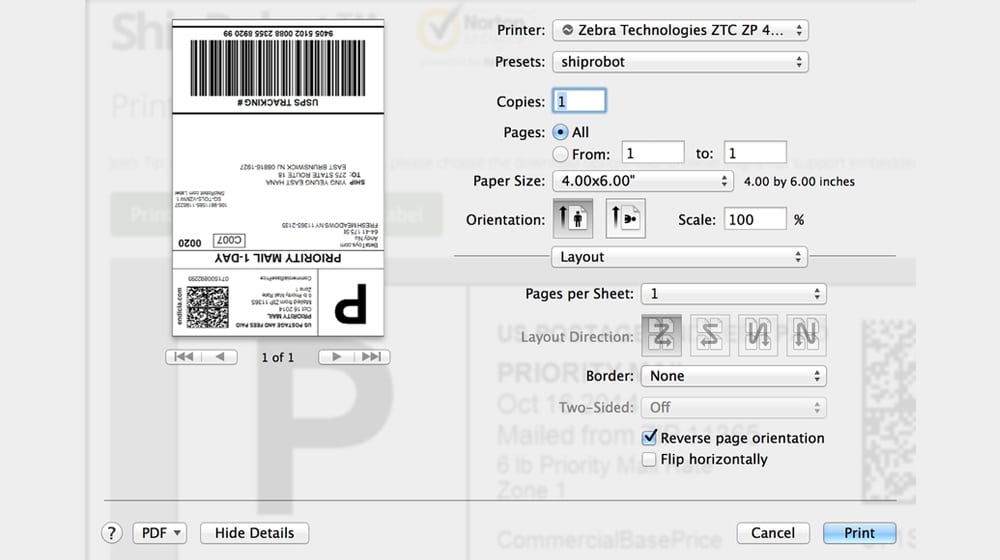
They also handle printing shipping labels for all plans.
8. Fraud Analysis
Fraud happens no matter what tier of storefront you're using, so Shopify is interested in not limiting security features. Thus, fraud detection and prevention features are available to all plans - this is one of the most significant selling points of Shopify.
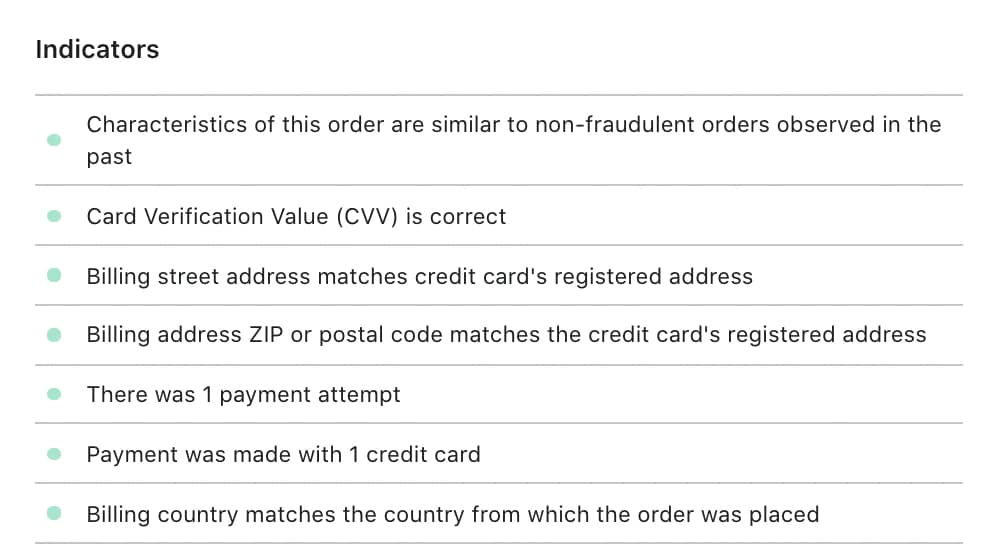
Trust me; when you see how big of a mess alternative payment gateways and integrations like Authorize.net are when it comes to fraud prevention, you'll be amazed at how detailed Shopify's fraud screening is.
9. Payment Features
Shopify, for obvious reasons, needs to be able to handle payments from customers. Otherwise, it wouldn't be much of a storefront, would it?
- Credit card processing is built-in, with competitive rates. Rates go down as the plan tier goes up, but it's not a ton. You can use third-party processing instead if you choose, but Shopify will charge you an additional fee if you decide to go this route (a "Shopify transaction fee" ranging from 0.5% to 2.0% extra, depending on your Shopify plan).
- Currency conversion, so if you're selling online and want to market to different geographic regions, you can do so as smoothly as possible.
- International market management lets you segment different country versions of your store and handle them in different ways.
Advanced Shopify has a few advantages over Basic, but it's primarily due to the lower fees with credit card processing. If you process a ton of sales (think thousands or tens of thousands per month), you should factor the money you save in processing fees into the total Shopify cost. Some larger stores may even save money with Shopify payments by upgrading.
What Do You Get When You Upgrade to "Advanced"?
Now that you know more or less what you get with Shopify in general let's talk about what Advanced gets you above and beyond the other options.
1. Another Sales Channel
While almost every sales channel is available on the Basic plan and above, the Wholesale channel is only available with Advanced.
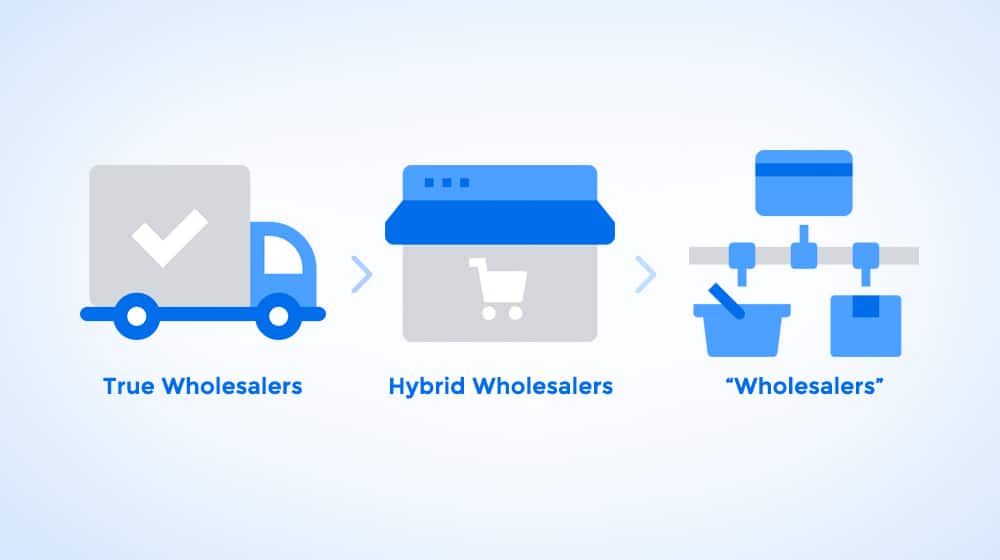
It's one of many options to become a wholesaler rather than a retailer, though, so is it significant? Maybe, but that's for you to decide.
2. More Staff Accounts
The Advanced plan assumes you're a larger eCommerce business with more significant needs and offers you up to 15 staff accounts. Depending on how your staffing is organized, this may be overkill for a small business or just right for a more established company.
3. Analytics Reports
One thing that the Basic Shopify plan doesn't have is analytics. Well, that's not strictly true.
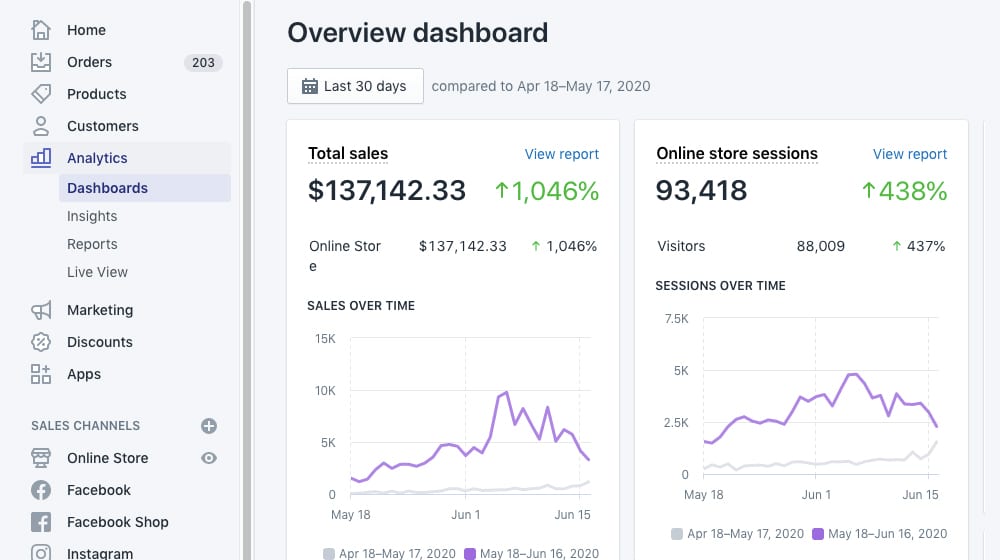
It isn't very easy, and Shopify has a whole chart about it.
- The Shopify Lite plan (more on this plan later) only allows the analytics dashboard, financial reports, and product analytics.
- The Shopify Basic plan also offers live view reports, inventory and behavior reports, and a marketing report, on top of what the Lite plan provides.
- The Shopify plan adds professional reports for orders, retail sales, profits, and customer data.
- The Shopify Advanced plan further allows for custom advanced reports, which is likely what they're talking about on their pricing page when they say the Basic plan doesn't have reports. The Advanced Report builder has far more information than the entry-level plans, such as a real-time "live view," order reports, sales reports, etc. If you're already on the "Shopify" plan, the only new report that you will unlock by upgrading to "Advanced" is the ability to create "Custom reports."
- The Shopify Plus plan. The reports here are identical to those available with the Advanced plan users.
4. Third-Party Shipping Rate Calculation
If you want to go through a vendor for shipping instead of through your system, you want to be able to calculate shipping rates accurately. Typically, Shopify won't do that since it involves authentication of another third-party account, which has more overhead than your shipping. Advanced is where the pricing is worth offering it, so they do.
5. Advanced Automation
While all Shopify plans offer marketing automation – which mostly means emails triggered by various actions on your store – any actual eCommerce-related tasks need to be done manually. With the Advanced plan, that's no longer the case.
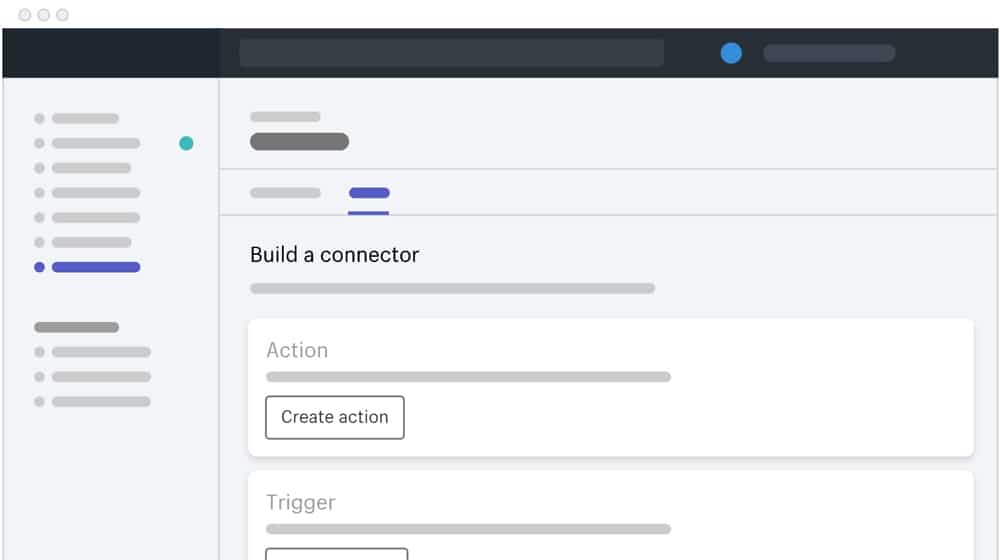
At this tier, they offer automation for tasks like manual data entry, starting and running flash sales, making inventory decisions, etc. It's pretty complex, so they have a whole landing page about it.
6. Cheaper Fees for Credit Card Payments
You'll get the best credit card processing rates on the Advanced plan, compared to the "Basic" and 'Shopify" plans:
- The Basic plan costs you 2.9% for credit card payments (2.7% in person) and an additional 2% fee if you're not using Shopify payments.
- The Shopify plan costs you 2.6% for credit card payments (2.5% in person) and an additional 1% fee if you're not using Shopify payments.
- The Advanced plan costs you 2.4% for credit card payments (2.4% in person) and an additional 0.5% fee if you're not using Shopify payments.
Using a third-party payment processor like Stripe to process your orders, you'll save the most money on the "Advanced" plan. A drop from 4.9% on the Basic plan to 2.9% on the Advanced plan is significant and may be worth the higher monthly fee.
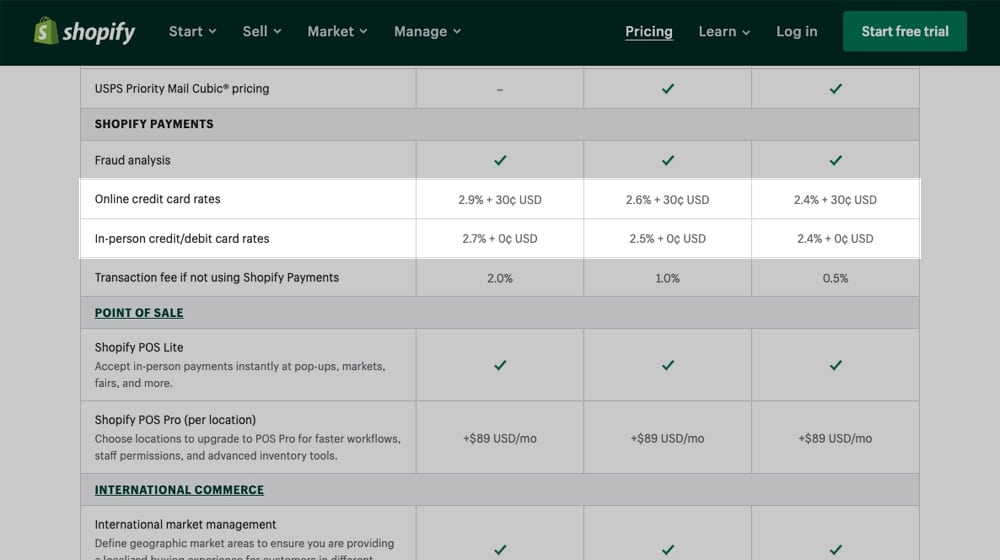
You can review the differences by visiting Shopify's Pricing Page and clicking "Show plan features".
7. Access to Shopify Flow
Shopify has an interesting app called "Shopify Flow" in their App Store. It appears to be free to install, but when you read the fine print, it says that it's only available to customers with the "Advanced" plan. Customers on the Lite, Basic, or Shopify plans can't use Shopify Flow.
So, what is Shopify Flow? It lets you create workflows to automate tasks between your store and your apps. Think of it like Zapier; it functions as a glue between every process in your store.
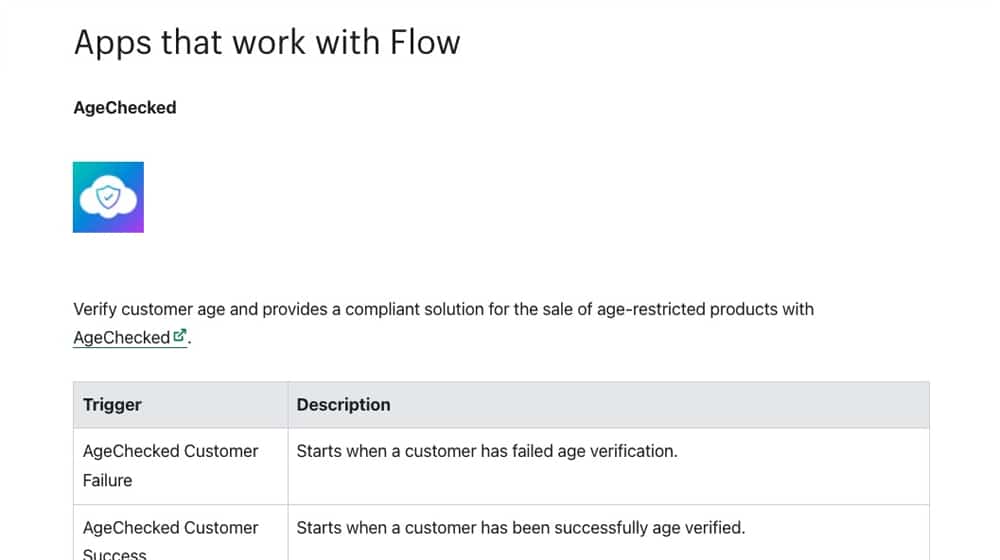
For example, you can create triggers that only fire if a product is low in stock, alerting your team to purchase more of a product. If an order is a high-risk payment, you can automatically cancel the order and adjust your stock level so that a legitimate customer can purchase it instead. If you have a high-spending customer that hasn't bought anything in a while, you can create an email sequence to try and win them back.
The opportunities are endless.
Here's a complete list of Shopify apps that integrate with Shopify Flow so you can determine if this feature is worth it to you.
What About The Other Shopify Plans?
While I mostly talked about Basic and Advanced above, three other plans might come up in discussions. I've left them out for various reasons, but here's a quick rundown.
1. Shopify Lite
Shopify Lite is a more-basic-than-Basic plan that doesn't even offer an online store. It's the back-end inventory management and payment processing features. It relies on you embedding purchase buttons on a blog or website or using it as a direct Shopify POS (point of sale) system for in-person sales at a pop-up location.
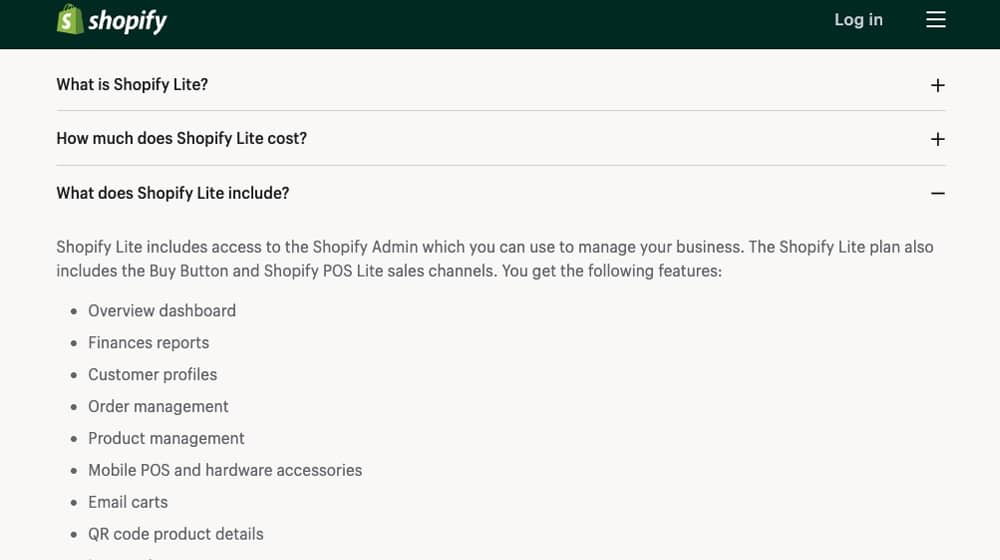
Lite is great for certain new online businesses, side hustles, and limited-inventory stores - a company that sells a couple of eBooks, an artist selling at art fairs and trade shows, and the like. It's not designed for massive businesses, and if you're considering Advanced as an option, Lite isn't even going to be in the running.
2. Shopify Core
Also known as the Shopify plan, the middle-tier Shopify is just Basic with a few higher or lower numbers attached. It costs incrementally more than Basic. It expands your team roster slightly, gives you a bit more in terms of analytics reports, and has somewhat lower credit card rates.
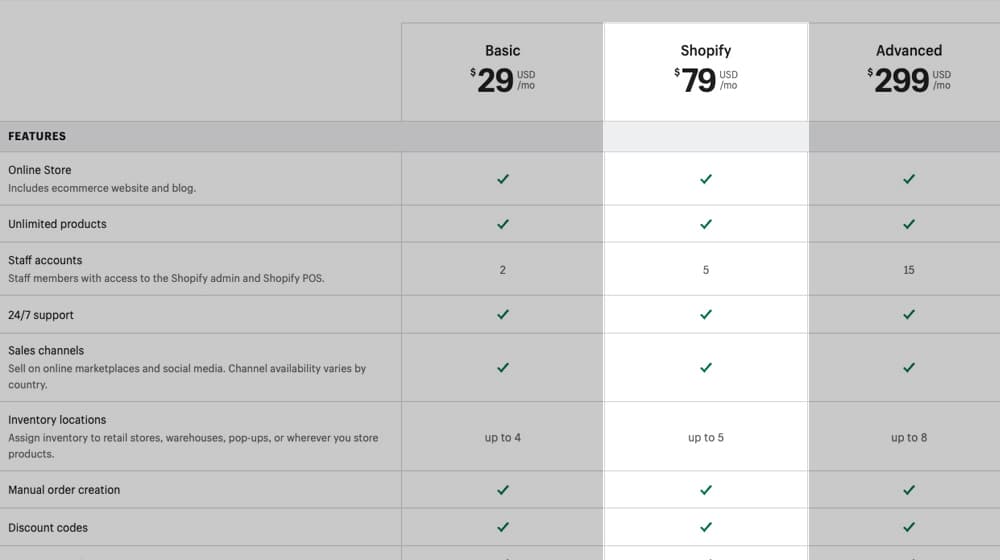
It's probably the most common plan because the pricing is suitable for the array of advanced features.
3. Shopify Plus
If you're considering whether or not Advanced is worth it, the "Plus" plan will not be. Plus is the Shopify Enterprise-level plan - their high-end, "we market this to Fortune 500 companies" kind of plan.
If nothing else, remember that Advanced costs you $300 per month. What about the Shopify Plus pricing for those interested in upgrading? $2,000 per month. The price jump is prohibitive for all but the larger companies out there, and, let's be honest, if you're reading my blog, you're probably not in this pricing tier. If you are, well. Hey. Drop me a line; I'd love to talk about how we can help scale your organic traffic with our content marketing services.
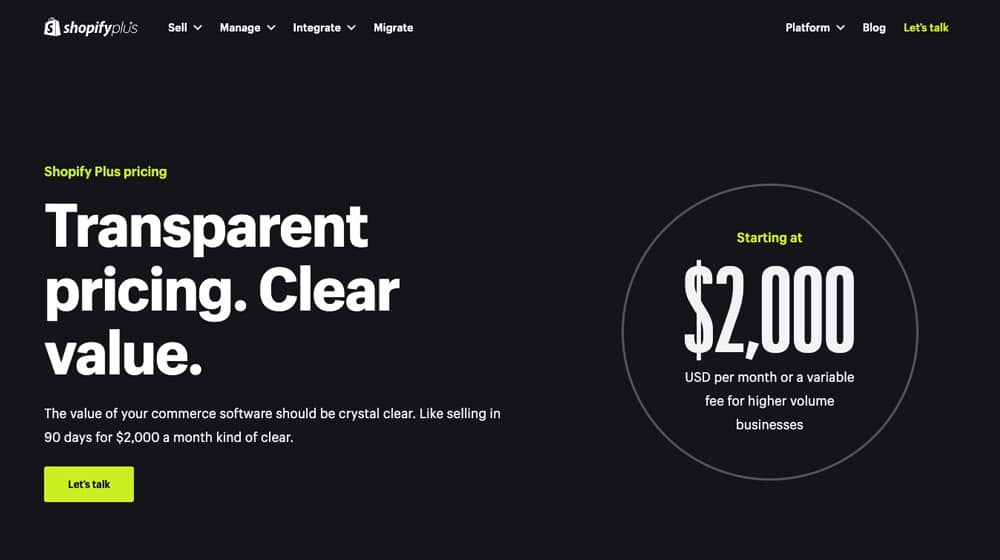
Plus is leagues better than Advanced in terms of additional features and support, but it's aimed mainly at global businesses. You can read all about it here if you're interested.
This page also has some additional information on what you'll get with Shopify Plus. For example, access to the Shopify Launchpad plugin, an app that lets you schedule the launch of any element on your store, from simple things like product launches and advanced schedules such as theme swaps or code changes.
Is Shopify Advanced Worth It?
Now, I have given you all of the information above so you can make your own decision here. Your business is unique, and I can't give a definitive yes or no. You'll have to determine if any higher-tier features are must-haves for your brand.
I can say there are a few situations that push you towards the Advanced Shopify plan:
- If your business is large enough to have the budget to consider $300 per month for your storefront, it might be a good investment.
- Advanced is a good idea if you love data and want the best reporting to make decisions as you scale your business.
- If you're shipping in a wide range of locations and could benefit from using third-party shipping carriers, Advanced is near-required.
- If you're starting to chafe at the limited number of staff accounts you can get from the Basic or Shopify pricing plans, Advanced raises the cap enough to give you plenty of room to scale.
- Advanced could be worthwhile if your store ships so much volume that a decrease from 2.9% to 2.4% in credit card transaction fees is significant (assuming the additional cost doesn't balance it out in the other direction.) Depending on your average order volume and your average ticket, credit card fees can add up to hundreds or even thousands of dollars per month.
In the end, of course, the choice is yours. Advanced is pretty good at what it does, but many small and mid-sized eCommerce websites are not big enough to need it. A local company, a local storefront, an artist primarily selling in person; these kinds of people don't need Advanced. If you're looking to scale and grow into a national or global audience, then Advanced would be a good investment.
Let me turn to the business owners. Which plan are you currently on, and are you thinking of upgrading? Has your previous upgrade been worth it, and which features are tempting you to upgrade? Please share with us in the comments below!



 30 Second Summary
30 Second Summary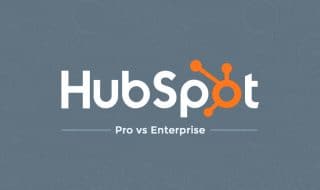
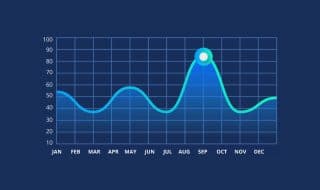
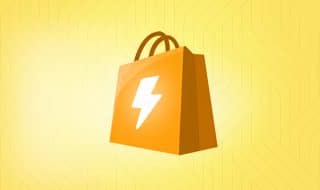

April 11, 2023
Great breakdown, thank you for helping put all of this together!
April 13, 2023
Thanks Julia, and you're very welcome!